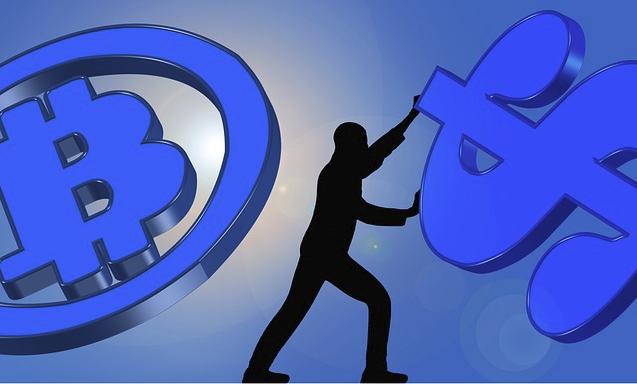Navigating Sanctions Compliance in the Virtual Currency Industry
March 4th, 2022

Understanding and complying with sanctions is crucial in the rapidly evolving world of virtual currencies. The U.S. Department of the Treasury's Office of Foreign Assets Control (OFAC) has provided a comprehensive guide to help industry players navigate these complex waters. This article provides critical guidance around the main aspects of sanctions compliance, making it easier to understand and apply.
What are OFAC Sanctions?
OFAC administers over 35 different sanctions programs designed to respond to specific threats and further U.S. foreign policy and national security goals. These sanctions can be comprehensive or targeted, requiring the blocking of assets or imposing restrictions on financial or trade-related activities with a specific person, country, region, or government.
Unless exempt or authorized, trade-based sanctions or embargoes prohibit dealings with an entire country or geographic region. Government or regime sanctions require blocking all property and interests in the property of a particular foreign government or regime. List-based sanctions target specific, listed individuals and entities, while sectoral sanctions target individuals and entities operating in particular sectors of a foreign country's economy.
Who Must Comply with OFAC Sanctions?
It is mandatory for all individuals and organizations within the United States, along with U.S. citizens and permanent resident aliens, to abide by the OFAC sanctions, irrespective of their current location. This also includes U.S. incorporated entities and their foreign branches.
What is the SDN List?
The Specially Designated Nationals and Blocked Persons List (SDN List) is a list of individuals and entities sanctioned due to their nexus to a targeted country, geographic region, or regime. The SDN List also includes individuals, groups, and entities, such as terrorists, narcotics traffickers, and human rights abusers designated under sanctions programs that are not jurisdiction-specific. U.S. persons are generally prohibited from engaging in transactions with SDNs or blocked persons, directly or indirectly, and must block any property in their possession or control in which an SDN or a blocked person has an interest.
How Do You Block Virtual Currency?
When an individual in the United States discovers that they possess a digital currency that falls under the purview of OFAC sanctions and needs to be frozen, they must ensure that access to that virtual currency is denied to the blocked person and report the secured property to OFAC within 10 business days.
What are the Consequences of Noncompliance?
Noncompliance with OFAC sanctions can result in significant penalties, including civil and criminal fines, denial of export privileges, and exclusion from federal procurement programs.
What are the Best Practices for Sanctions Compliance in the Virtual Currency Industry?
OFAC recommends a risk-based approach to sanctions compliance. This includes management commitment, risk assessment, internal controls, testing and auditing, and training. It's also important to stay updated on OFAC's frequent updates and resources, including FAQs, recent designation actions, sanctions list updates, and general licenses, advisories, or other guidance.
While the world of virtual currency is exciting and full of potential, navigating it with a clear understanding of OFAC sanctions is crucial. By doing so, you can ensure your operations are compliant, protecting your business and contributing to the broader goals of national security and foreign policy.
Follow us